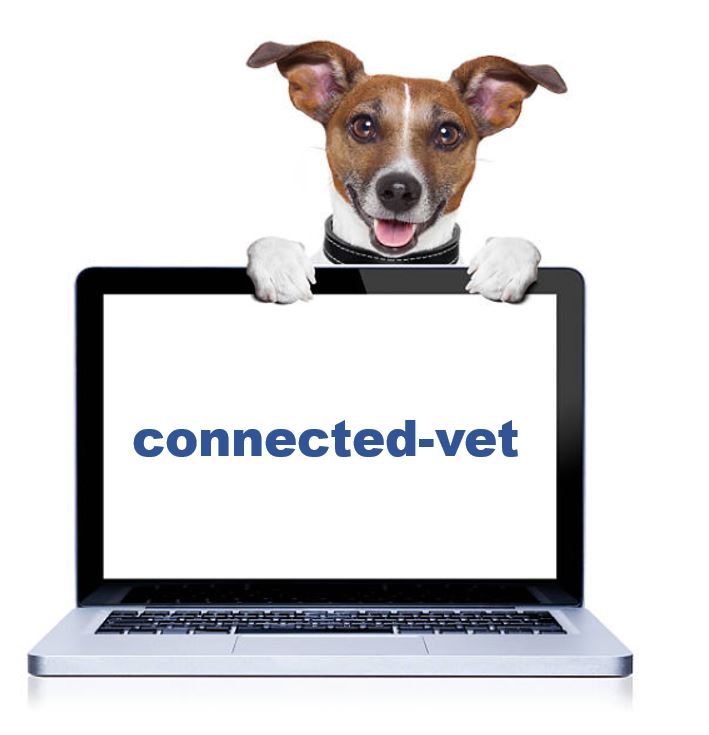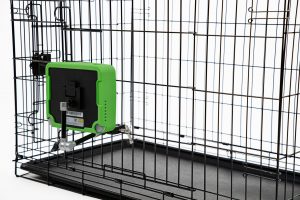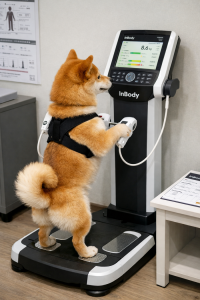The « Artificial Intelligence (AI) In Animal Health Market – Global Industry Size, Share, Trends, Opportunity, and Forecast, 2018-2028F » report has been added to ResearchAndMarkets.com’s offering.
The Global AI in Animal Health market reached a valuation of USD 901.81 Million in 2022 and is poised for robust growth throughout the forecast period, with a projected Compound Annual Growth Rate (CAGR) of 11.13% by 2028 and is expected to reach at USD 1688.54 Million in 2028.
This market has emerged as a dynamic and transformative force within the veterinary and animal healthcare industry. Leveraging cutting-edge technologies, AI is revolutionizing the diagnosis, treatment, and care of animals, resulting in improved animal welfare, enhanced disease management, and more efficient veterinary practices. AI technologies, including machine learning, computer vision, natural language processing, and predictive analytics, are being harnessed to address various challenges in animal health.
One of the significant areas of impact is in the early detection and diagnosis of diseases. AI algorithms can analyze extensive datasets from medical images, such as X-rays and MRIs, and biological samples, identifying subtle patterns and anomalies that may elude human observation. This capability empowers veterinarians to detect diseases like cancer, joint disorders, and infections at earlier stages, enabling prompt intervention and increasing the chances of successful treatment.
Furthermore, AI-driven predictive analytics are revolutionizing animal health management. By analyzing historical health data, genetic information, and environmental factors, AI systems can generate insights and forecasts about potential health risks and disease outbreaks. This proactive approach allows veterinarians and animal health professionals to implement preventive measures, optimize vaccination strategies, and minimize the spread of diseases within animal populations.
Telemedicine and remote monitoring have also witnessed significant advancements through AI integration. Wearable devices and sensors equipped with AI can continuously monitor animals’ vital signs, behavior, and activity levels. This real-time data can be transmitted to veterinary professionals, enabling remote tracking of an animal’s health status and providing timely interventions when necessary. This is particularly valuable in livestock management, where early detection of illnesses can prevent economic losses and ensure the safety of the food supply chain.
The adoption of AI in animal health has led to streamlined and personalized treatment plans. By analyzing individual animal characteristics, medical history, and treatment outcomes, AI algorithms assist veterinarians in tailoring treatment protocols optimized for each patient. This customization not only enhances treatment efficacy but also minimizes adverse effects and reduces healthcare costs for animal owners.
However, alongside its promises, the AI in Animal Health market faces certain challenges. Data privacy and security concerns, as well as the need for robust and diverse datasets, are critical considerations. Additionally, the integration of AI technologies into established veterinary practices necessitates proper training and education for veterinarians and animal health professionals to ensure effective utilization and optimal outcomes.
In conclusion, the global Artificial Intelligence in Animal Health market is experiencing rapid growth and innovation, reshaping the landscape of veterinary care and animal welfare. AI technologies are enabling early disease detection, predictive analytics, remote monitoring, and personalized treatment plans, all contributing to improved animal health outcomes and more efficient veterinary practices. As the industry continues to evolve, addressing challenges related to data privacy, training, and integration will be essential to fully harness the potential of AI in advancing animal health and well-being.
Key Market Drivers:
- Early Disease Detection and Diagnosis: AI technologies enable the early identification of health issues in animals, leading to timely intervention and improved treatment outcomes.
- Predictive Analytics: AI-driven algorithms forecast potential health outcomes, disease risks, and trends for animals, optimizing healthcare strategies and resource allocation.
- Livestock Management: AI enhances the health, well-being, and productivity of livestock animals through early disease detection and optimized resource management.
Key Market Challenges:
- Data Privacy and Security Concerns: Protecting sensitive animal health data from breaches and unauthorized access is crucial for ethical and secure AI integration.
- High Initial Costs: The upfront expenses for acquiring and implementing AI solutions, including hardware, software, and infrastructure, can be a barrier to adoption.
Key Market Trends:
- Integration of AI in Diagnostic Imaging: AI improves the accuracy and efficiency of veterinary diagnostic imaging, aiding in the identification of abnormalities and diseases in animals.
- Telemedicine and Remote Monitoring: AI-driven telemedicine and remote monitoring enhance access to veterinary care and provide real-time insights into animal health.
In this report, the Global Artificial Intelligence (AI) In Animal Health Market has been segmented into the following categories:
By Modality:
- RNA interference
- Antisense therapy Messenger RNA
- Oligonucleotide
- Non-antisense
- Non-RNAi
By Phase:
- Phase I
- Phase II
- Phase III
- Phase IV
By Therapeutic Area:
- Rare Diseases
- Anti-infective
- Anticancer
- Neurological
- Alimentary/Metabolic
- Musculoskeletal
- Cardiovascular Respiratory
- Sensory
Competitive Landscape
Detailed analysis of major companies present in the market include:
- Zoetis Services
- Merck & Co.
- Laboratory Corporation of America Holdings
- Heska
- SignalPET
- VetCT
- Vetology
- OneCup AI
- Petriage
- ImpriMed
Key Attributes:
| Report Attribute | Details |
| No. of Pages | 178 |
| Forecast Period | 2023 – 2028 |
| Estimated Market Value (USD) in 2023 | $901.81 Million |
| Forecasted Market Value (USD) by 2028 | $1688.54 Million |
| Compound Annual Growth Rate | 11.1% |
| Regions Covered | Global |







